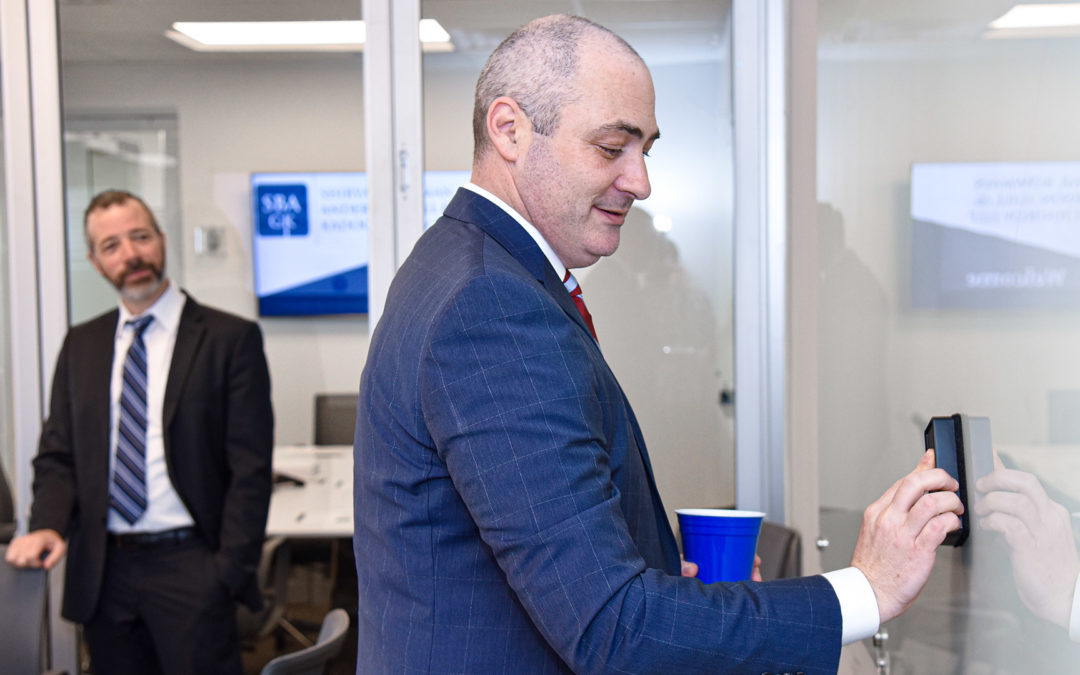KEW GARDENS, NY –Many foreign nationals come to the United States for purposes of employment. It can be for temporary purposes but can also lead to issuance of a green card or permanent U.S. residency.
However, a work visa can mean many different things, and for that reason, several different types of work visas exist. What types are out there, and how do they differ?
Nonimmigrant Visa
Temporary work visas fall under the category of nonimmigrant visas since the visa holder will need to depart the country by the date the visa expires, unless the visa is extended. Several different types of temporary work visas or nonimmigrant visas exist, including:
H-1B
The H-1B visa is the most popular of the temporary work visas. To obtain an H-1B visa, the applicant must have an offer for employment from a U.S. employer. It must be a job position that is considered in a “specialty occupation,” meaning the individual needs at least a Bachelor’s degree to do the job.
One can apply for an H-1B visa through the filing of an I-129 Petition with U.S. Citizenship and Immigration Services (USCIS). Working with an immigration attorney is recommended because this type of visa tends to be highly demanded.
L-1
An L-1 visa is for employees who are working for a foreign company that is an affiliate of an American company. These individuals can be transferred from the foreign branch to U.S. company branch.
O-1
The O-1 visa applies to immigrants who are of “extraordinary ability” who are coming to the U.S. for purposes of working in their specific field of expertise. The applicant must have an offer of employment from a U.S. employer and prove that they are “extraordinary” in their field of work.
To get this status they must meet at least three of six factors, including making a high salary, making original contributions to their respective field or study, receiving achievements or awards, and performance in a lead or critical role in the field.
The U.S. employer is the entity who files the I-129 Petition on their behalf, and this application must have a letter from the industry’s union stating they have no objection to the applicant’s employment in the U.S.
E-1
The E-1 visa allows nationals from certain countries to come to the U.S. for purposes of trade activities. An applicant can be classified as a “Treaty Trader” or “Treaty Investor.” To get this classification, they must be a national of a country that holds a trade treaty with the U.S.
They must be coming to the country for purposes of carrying trade within the confines of that treaty. If they are a “Treaty Investor” they must prove they are coming to the U.S. to invest a substantial amount of money in a U.S. business, showing that they are coming to help develop that investment.
These documents are normally filed with the U.S. consulate in the applicant’s home country.
TN
The TN visa falls under the North American Free Trade Agreement (NAFTA) and allows Canadian and Mexican citizens to come to the U.S. to work with a U.S. employer.
The applicant must prove their citizenship of either country, and they must show that they have a job offer with a U.S. employer. The job offer must be for a position that qualifies for a TN visa under NAFTA, and these positions normally include accountants, engineers, pharmacists, teachers, lawyers and other scientists.
Immigrant Visas
Immigrant visas allow an applicant to come to the U.S. to work permanently. Individuals coming into the U.S. under an immigrant visa will receive their green card as soon as they enter the country.
These visas are harder to come by given the nature of the stay of the individual with the visa. An individual can attempt to obtain an immigrant visa once they have been working in the U.S., applying to change their status to permanent resident. An immigration attorney should be able to assist with this process, as well.
Advanced Degree
Under the EB-2 2nd preference immigrant category, individuals can obtain a visa for under an advanced degree category. To qualify, they must be sponsored by a U.S. employer who will complete the PERM certification process.
The individual must have at least a U.S. master’s degree or higher or foreign equivalent, and must show that the offered job requires this degree.

